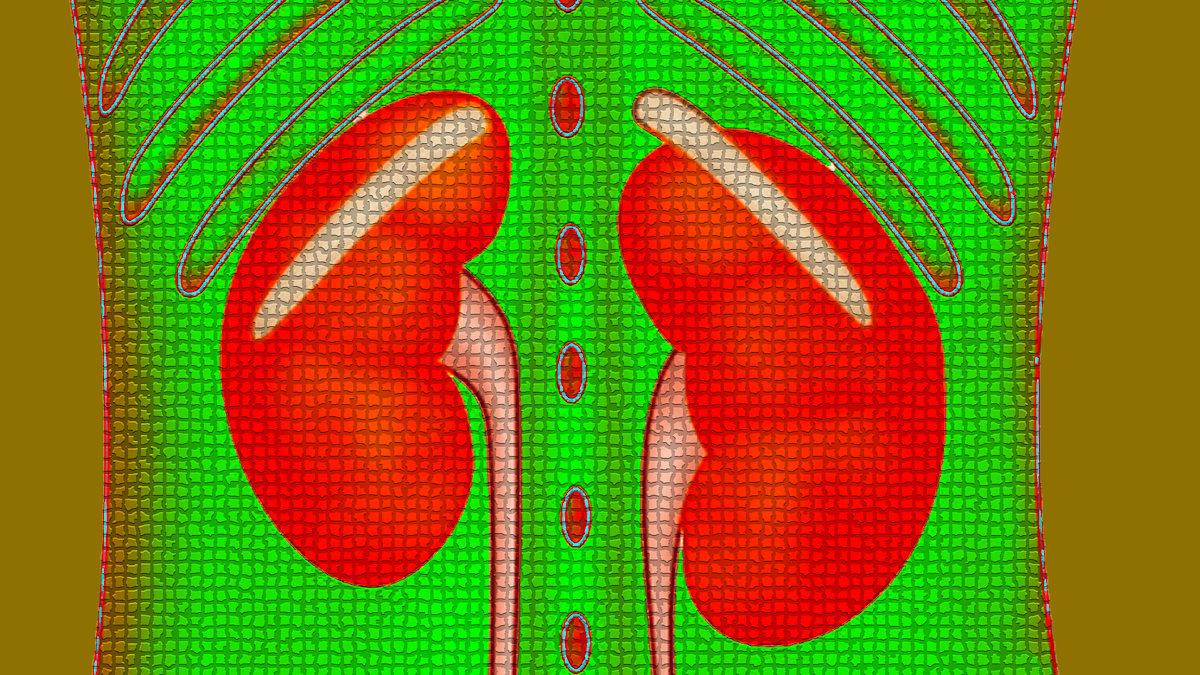Otsuka, Vera stake their claims to IgAN treatment

Otsuka and Vera Therapeutics have both presented new data on drug candidates for IgA nephropathy (IgAN), striving to join a market which is becoming increasingly crowded.
Vera Therapeutics reported the results of the phase 3 ORIGIN trial of ataticept – a subcutaneously administered, dual inhibitor of the cytokines BAFF and APRIL – showing that it was able to reduce the levels of protein in the urine (proteinuria) of IgAN patients by 42% at 36 weeks.
Otsuka, meanwhile, revealed the figures from the VISIONARY trial of its anti-APRIL antibody sibeprenlimab, which showed a 51.2% reduction in proteinuria at the same timepoint, a result that it previewed last year.
Proteinuria is a marker for kidney function and is a surrogate marker for drug activity in IgAN, which occurs when antibodies accumulate in the kidneys, causing inflammation and scarring and potentially leading to chronic kidney disease (CKD). It is the most common primary glomerulonephritis globally, with between 25 and 50 cases per million people a year.
Otsuka has already filed for approval of sibeprenlimab in the US, with a decision from the FDA due by 28th November, while Vera is preparing to a submission later this year and is hoping for a launch in 2026.
Both sets of data look strong enough to support approval, but the question is whether they can make an impression in the IgAN category, which had no FDA-approved therapies until 2021, when Calliditas Therapeutics got the green light for its steroid-based Tarpeyo (budesonide).
Since then, three more treatments have been launched, namely Travere Therapeutics' endothelin-1/angiotensin-2 inhibitor Filspari (sparsentan) and Novartis' Factor B inhibitor Fabhalta (iptacopan) and just-approved endothelin A receptor antagonist entrant Vanrafia (atrasentan), all of which have been given hefty peak sales projections.
Novartis also has an anti-APRIL antibody called zigakibart in phase 3 testing, while other candidates in late-stage development include AstraZeneca's complement C5 inhibitor Ultomiris (ravulizumab), Vertex's BAFF/APIL antagonist povetacicept, Ionis/Roche's antisense-based Factor B inhibitor IONIS-FB-LRx/RG6299, and Biogen's anti-CD38 antibody felzartamab.
With so many new therapies coming through the industry pipeline, analysts have started to question how easy it will be for newer therapies to make an impact, particularly for smaller companies like Vera that lack the global presence and marketing muscle of their big pharma rivals.
It's notable that shares in Vera rocketed after the ORIGIN data was released, but fell back sharply when Otsuka provided details of VISIONARY.
While approval is possible on the strength of proteinuria results alone, there may be an opportunity for some of the experimental-stage candidates to build a stronger case than their rivals when data on eGFR – a key marker of kidney function – becomes available.
Neither Otsuka nor Vera has eGFR data in hand yet, but both companies have said they are hoping to report these results from 2026 onwards.












